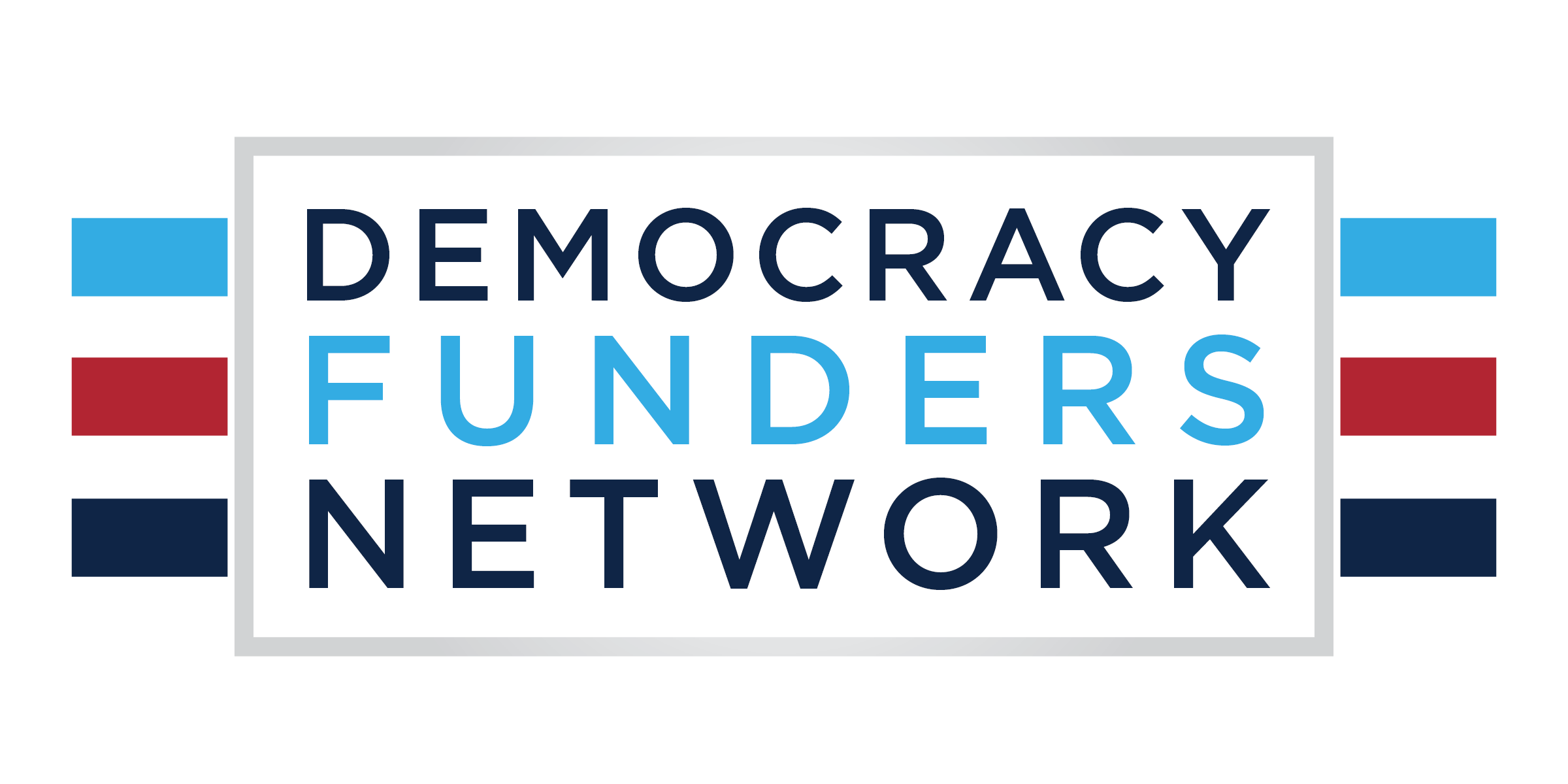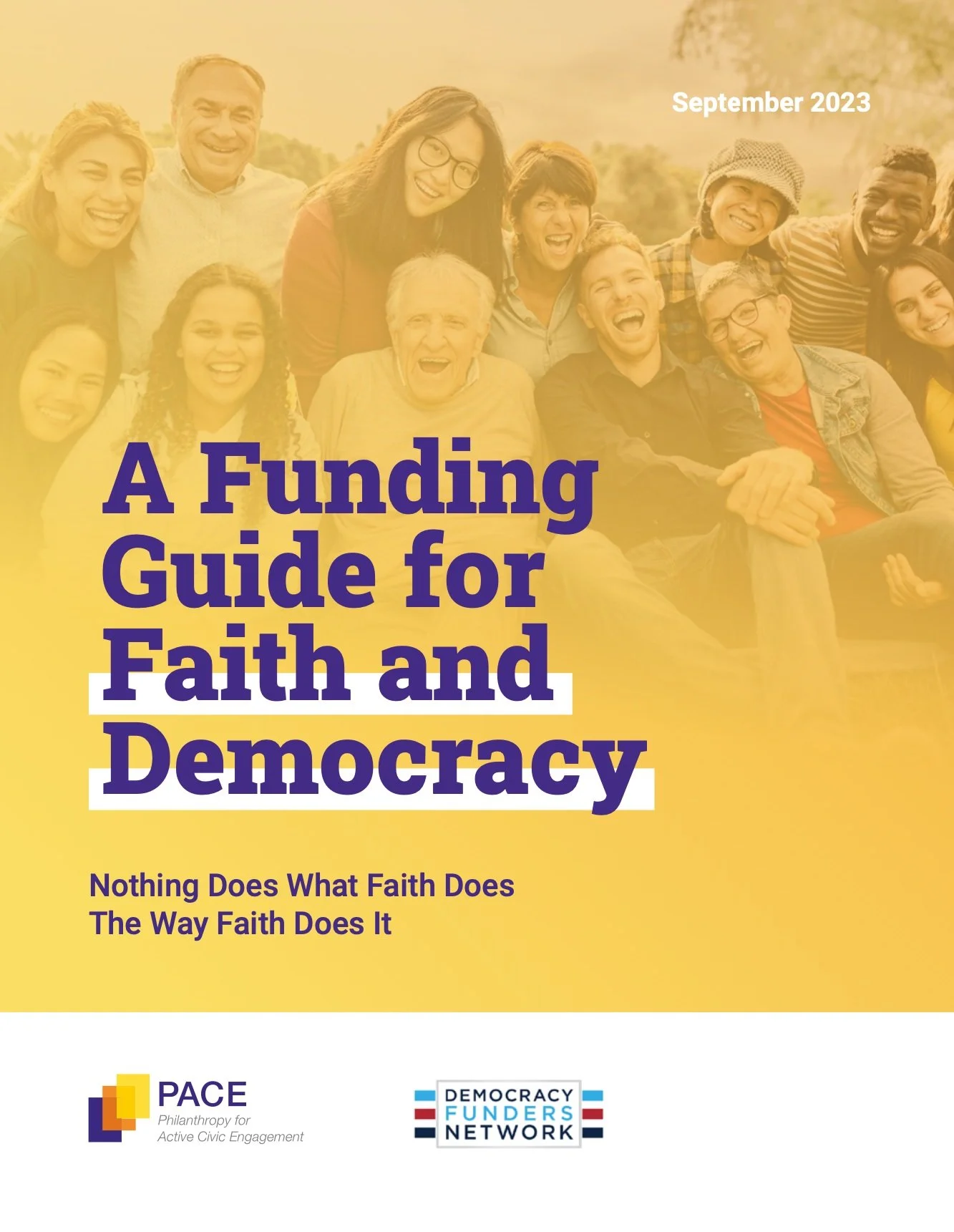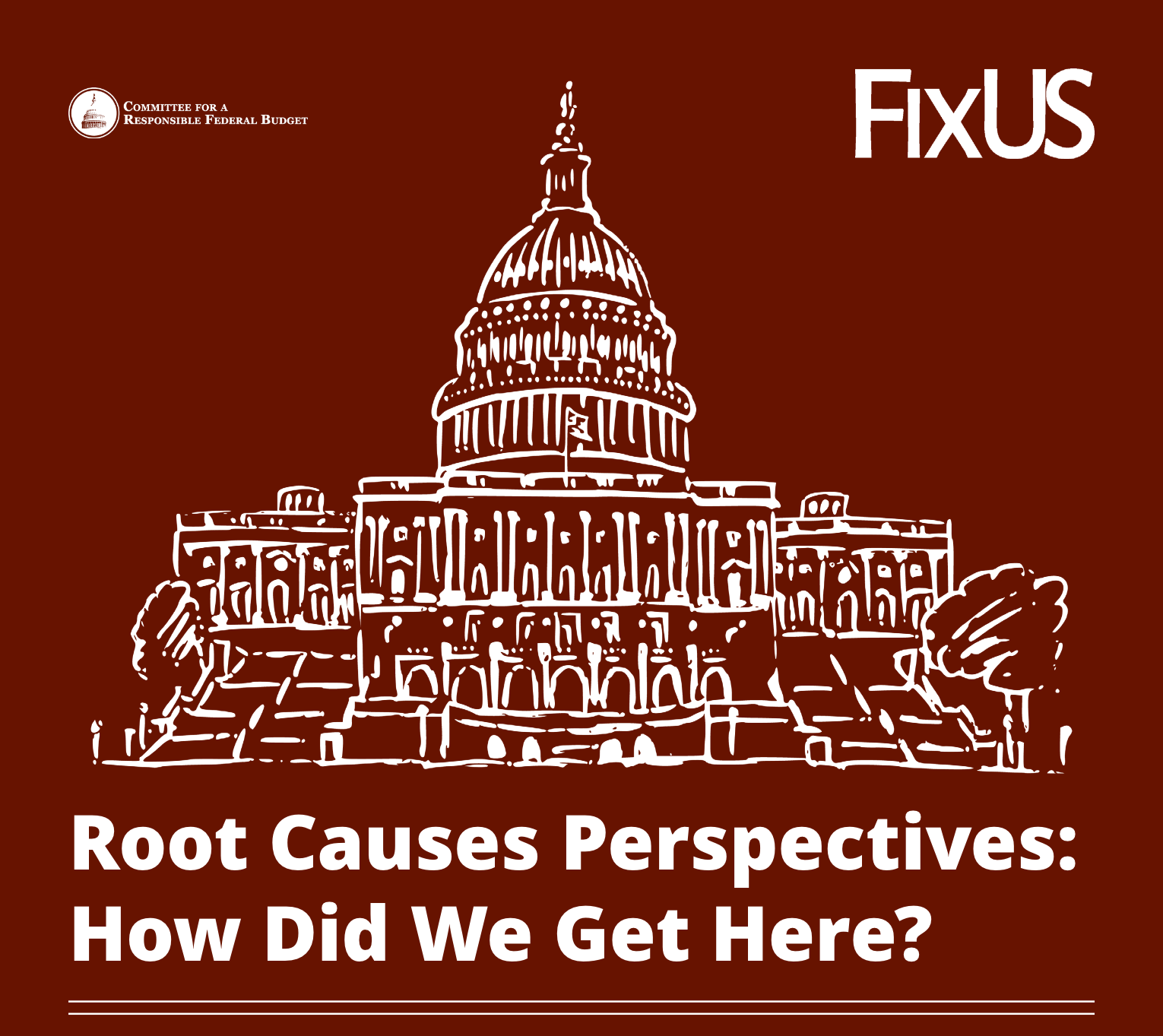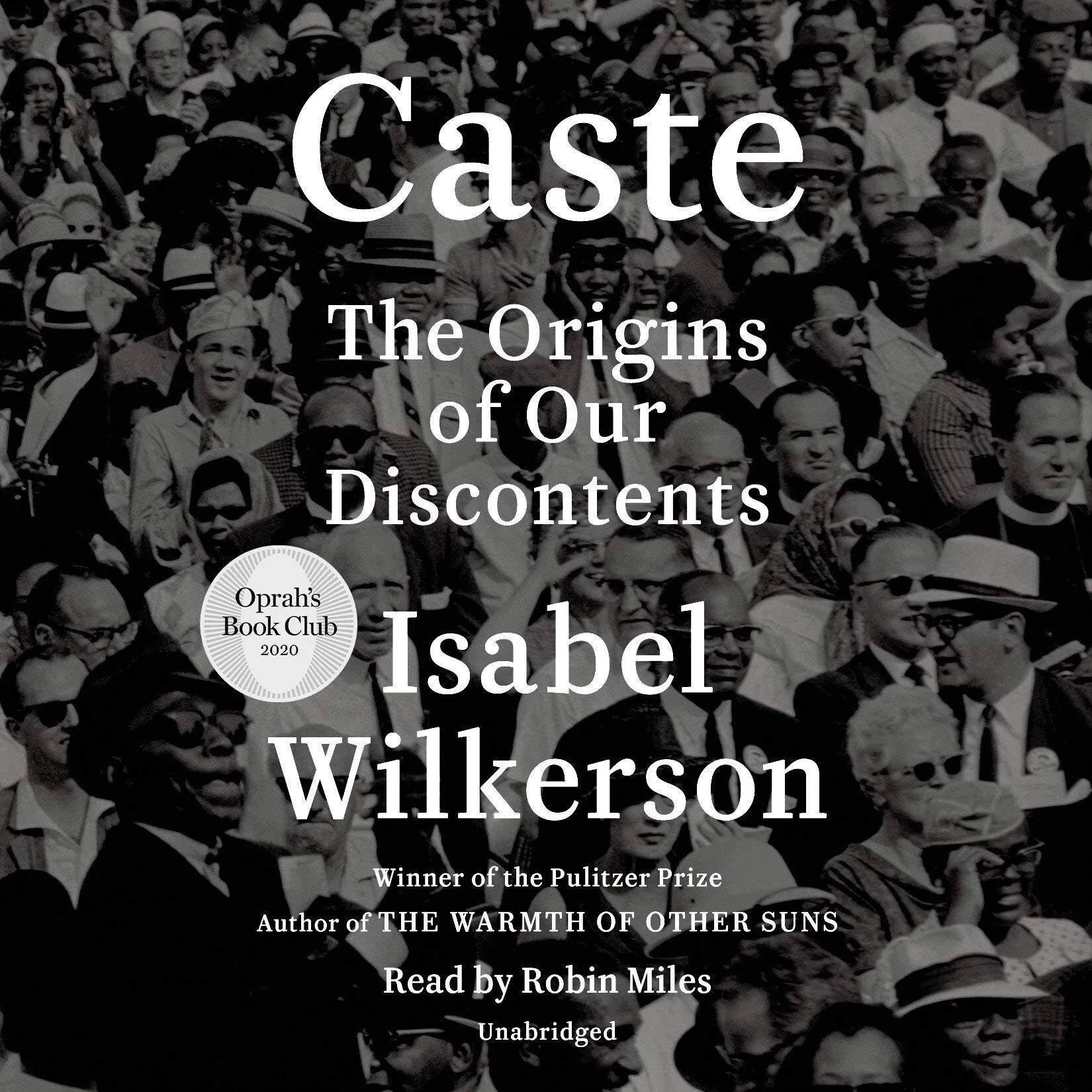For too many Americans, the prospect of engaging with lawmakers about the important issues in their lives is either logistically inaccessible, or unsatisfactory in result. Exploring An Innovative Approach to Democratic Governance: A Funder’s Guide to Citizens’ Assemblies, produced by Democracy Funders Network and New America, explores the potential for citizens' assemblies to transform and strengthen democratic processes in the U.S. The guide offers philanthropists and in-depth look at the potential opportunities and challenges citizens' assemblies present for building civic power at the local level and fomenting authentic civic engagement within communities.
Citizens’ assemblies belong in the broader field of collaborative governance, an umbrella term for public engagement that shifts governing power and builds trust by bringing together government officials and community members to collaborate on policy outcomes through shared decision-making.
Read the full funder guide here.


















